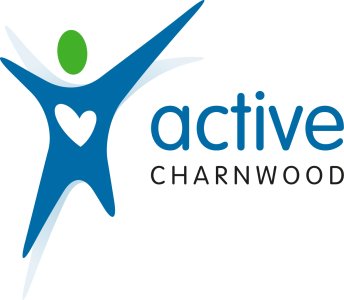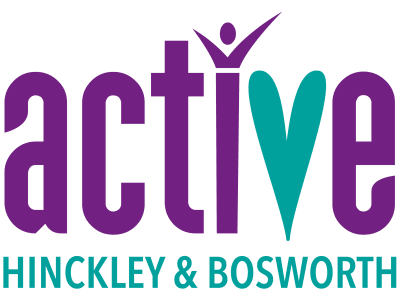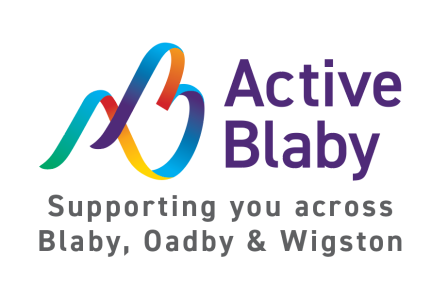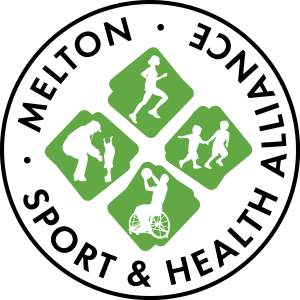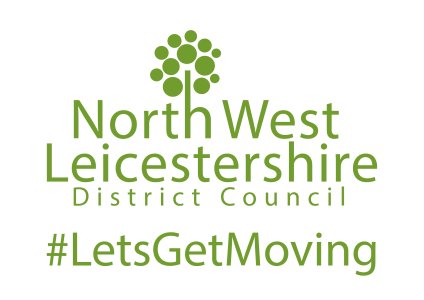Mental Health relates to our mental wellbeing and our ability to cope with the demands and stresses of everyday life. Our mental health is as important as our physical health, and it is important that we take care of it. Mental health problems affect around one in four during their lifetime with nearly 24% of people with a high anxiety score within Leicestershire. They range from common problems, such as depression and anxiety, to rarer problems such as schizophrenia and bipolar disorder.
There are several ways in which physical activity can improve your mental health. For example, for some, it can help with:
- Better sleep
- Happier moods
- Managing stress, anxiety, or intrusive thoughts (being physically active also gives your brain something to focus on and can be a positive coping strategy for difficult times)
- Reducing risk of depression
- Improved self-esteem
- The chance to meet new people
Frequently Asked Questions - Mental Health
Phoebe's Story
"As soon as I get in the water, I feel weightless." - Phoebe
Visit We Are Undefeatable for more information and inspiration on getting active.
Hannah's Story
"It's true when they say exercise releases endorphins, cos it does, it's like a happy hormone." - Hannah
Visit We Are Undefeatable for more information and inspiration on getting active.
Get Active
If you are ready to move more and feel better, there are a range of activities and sessions to help you meet your activity goal. Be sure to find something you enjoy!
-
Lots of information and ideas on how to keep yourself healthy and active whilst staying at home or working from home.
-
Getting active, my way: What's near me?
This resource is here to help you find your local parks, open spaces, walking and cycling routes, and give you some ideas on what to do when you get there.
-
Thinking about having a go at walking, running, or cycling? It's a great way to get out in your local area and move a little more.
-
A selection of physical activity programmes for people with medical conditions, whose health would benefit from being more active.
Resources for Mental Health
-
Adult patient information finder
-
Find information and support for your mental health.
-
NHS (Anxiety and panic attacks)
The NHS can provide urgent help for mental health, symptoms of general anxiety disorder, and information regarding anxiety, fear, and panic.
-
A detailed overview of depression in adults, including symptoms, causes, treatment, when to see a doctor, and further support.
-
A charity providing support services for individuals with anxiety, run by and for those affected by the condition.
-
Depression UK promotes mutual support between individuals affected by or at risk from depression, with the aim of encouraging self help, recovery and personal growth.
-
Mind advocates for mental health awareness and support by addressing systemic injustices in healthcare, work, and law. They provide information, advice, and local services to those in need and foster connections within a supportive community.
-
Raising awareness for mens mental health.
-
Mental Health UK challenges the causes of poor mental health and provides people with the tools they need to live their best possible life at home, school, and work.
-
The Mental Health Foundation aims to find and address the sources of mental health problems so people and communities can thrive.
-
Rethink Mental Illness improves the lives of people severely affected by mental illness, because everyone deserves a good quality of life.
You are performing the exercises linked from our website at your own risk.
Whilst every effort has been made to verify the information on this page, Active Together is not responsible for the accuracy or content of external websites. Whilst taking part in physical activity, participants should ensure they take part at a level which is appropriate to them and their health and are responsible for ensuring they check the credentials and health and safety requirements for each activity. It is recommended that participants follow the Chief Medical Officers Guidelines for physical activity. Participants will choose to utilise these links and take part in activities at their own risk.
For Healthcare Professionals
It's important to have conversations with those living with Mental Health about the importance of physical activity. Physical activity as a treatment for long-term health conditions is a consensus backed by rigorous evidence.
Our Active Medicine page supports local healthcare professionals with promoting the benefits of physical activity, including Physical Activity and Health training, E-Learning resources, and healthy conversation skills.
The fantastic Moving Medicine resource hosts step-by-step guides to have quality conversations with patients about physical activity for Mental Health - from 1 - 5 minute conversation opportunities.
References
- https://www.who.int/news-room/fact-sheets/detail/mental-health-strengthening-our-response
- https://www.mind.org.uk/information-support/types-of-mental-health-problems/mental-health-problems-introduction/about-mental-health-problems/
- https://www.england.nhs.uk/blog/geraldine-strathdee-8/
- https://fingertips.phe.org.uk/search/anxiety#page/1/gid/1/pat/15/ati/502/are/E10000018/iid/22304/age/164/sex/4/cat/-1/ctp/-1/yrr/1/cid/4/tbm/1
- https://www.mind.org.uk/information-support/tips-for-everyday-living/physical-activity-and-your-mental-health/about-physical-activity/
- https://www.rethink.org/advice-and-information/living-with-mental-illness/information-on-wellbeing-physical-health-bame-lgbtplus-and-studying-and-mental-health/physical-activity-and-mental-health/
- https://www.mind.org.uk/information-support/tips-for-everyday-living/physical-activity-and-your-mental-health/before-you-start/
- https://www.nhs.uk/every-mind-matters/mental-wellbeing-tips/be-active-for-your-mental-health/#:~:text=Get%20outdoors%20or%20try%20a,through%20nature%20if%20you%20can.
- https://www.kingsfund.org.uk/projects/positions/mental-health?gclid=EAIaIQobChMItO6Xn__MgAMVEOPtCh0mowNEEAAYAiAAEgLNdPD_BwE
- https://www.mentalhealth.org.uk/explore-mental-health/publications/how-look-after-your-mental-health-using-exercise
- https://movingmedicine.ac.uk/riskconsensus/
- https://www.webmd.com/depression/exercise-depression#:~:text=When%20you%20exercise%2C%20your%20body,similar%20to%20that%20of%20morphine.
- https://www.mentalhealth.org.uk/explore-mental-health/a-z-topics/physical-activity-and-mental-health#:~:text=Physical%20activity%20is%20not%20only,sleep%20well%20and%20feel%20better.

















